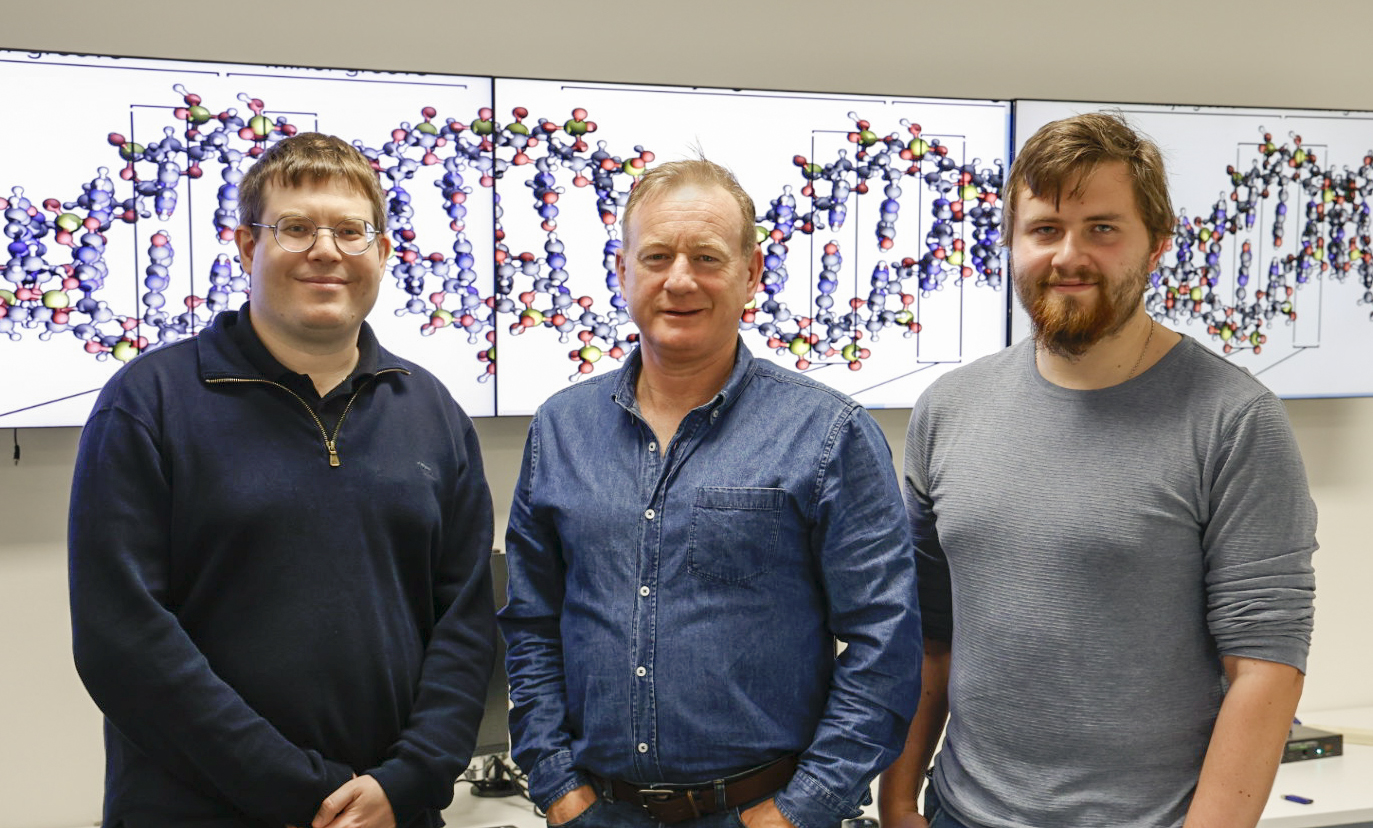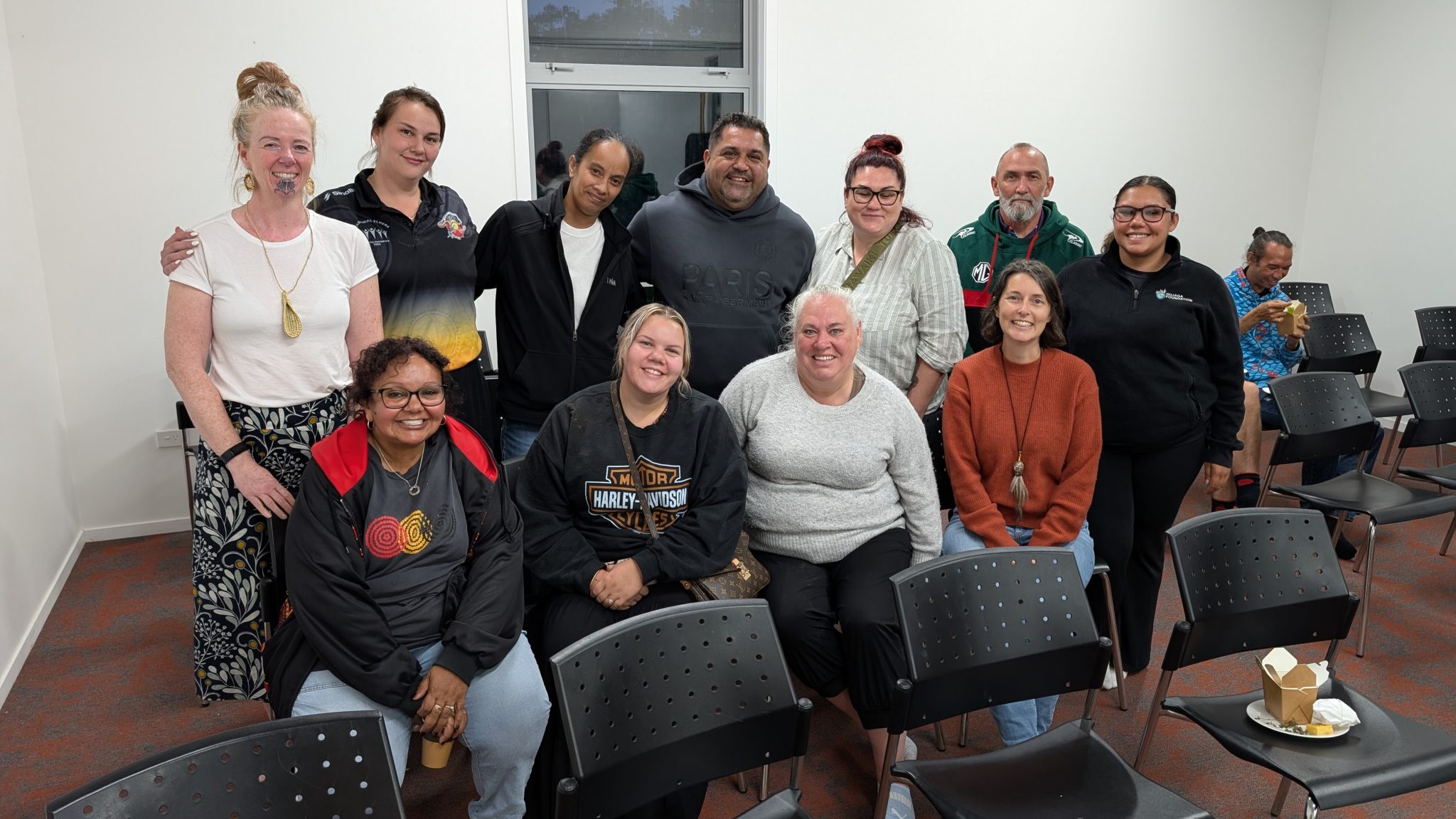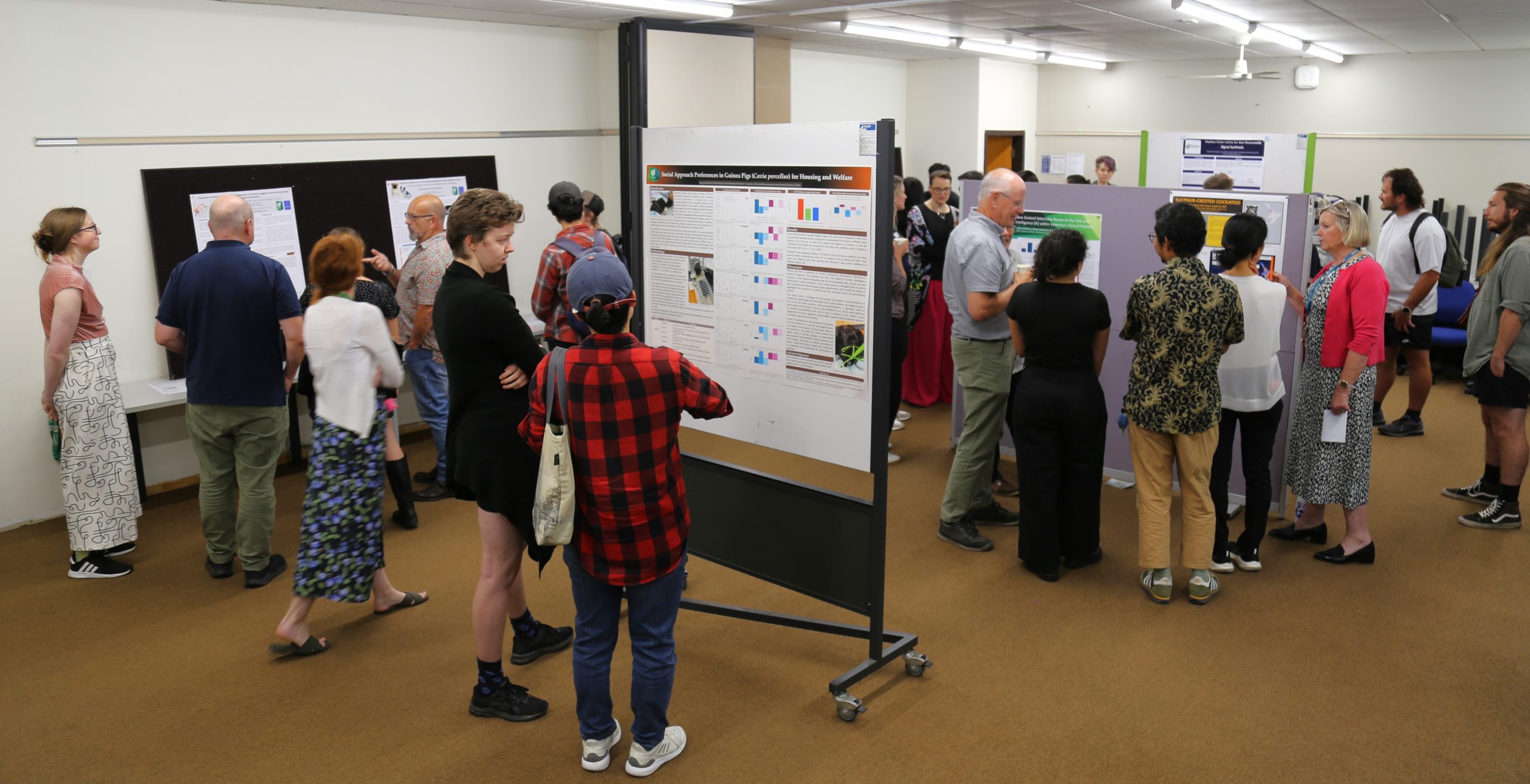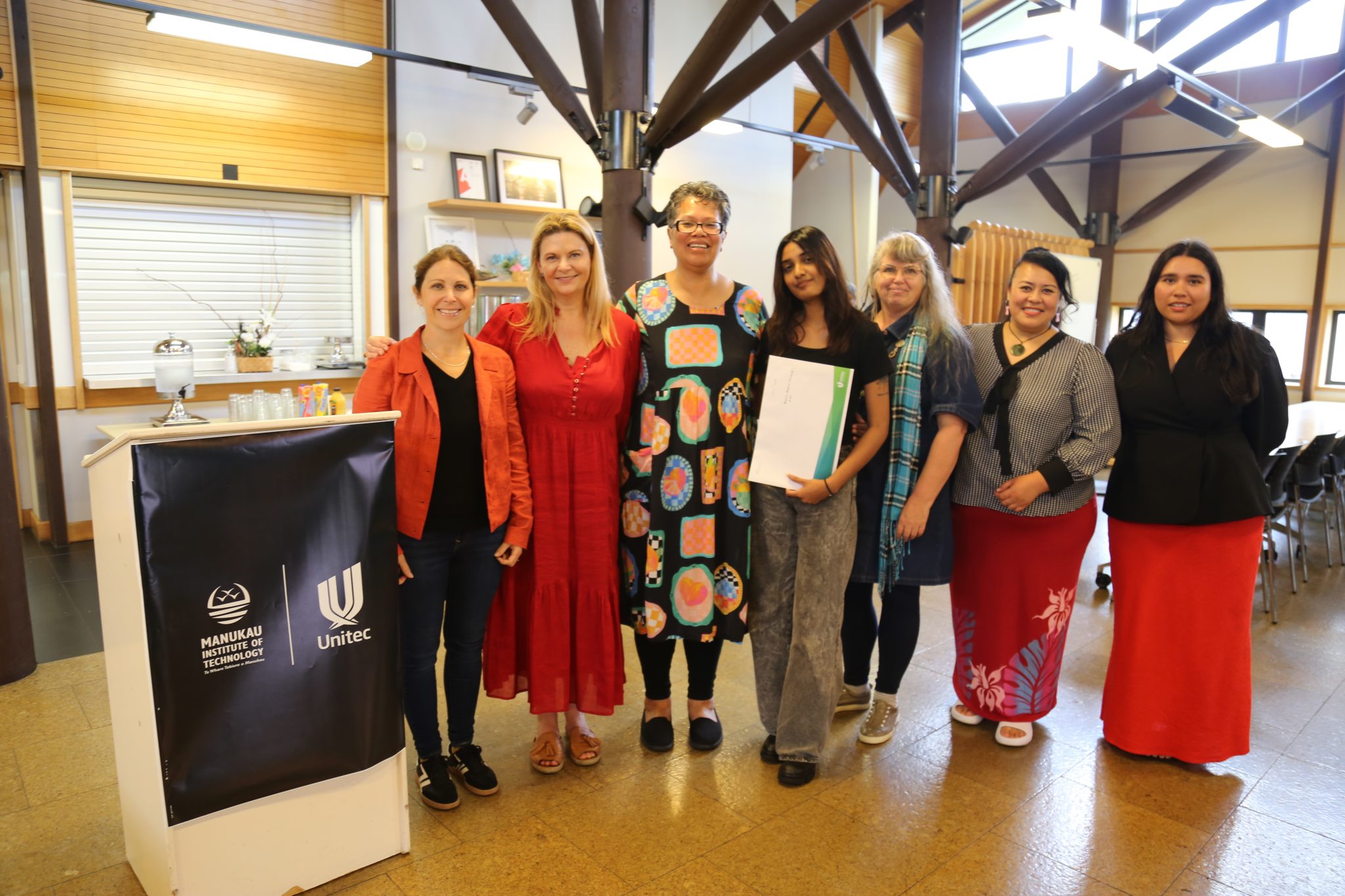Guest post by Denis Lavrov and Gregor Steinhorn
Since 2012, Unitec’s Cybersecurity Research Centre has been developing technologies to make cyberspace safer for users. Unitec’s Director of Research and Enterprise Marcus Williams says, “Our Cybersecurity Research Centre has cut a path for the research centres that followed, and there are now six in total. It has been successful in winning MBIE Endeavour Smart Ideas funding and has participated in a research programme. It has developed a strong suite of industry partners and academic collaborators, and is now leading the way in commercialisation opportunities that have emerged from this research experience.” From 2014 to 2021 the team at Unitec collaborated with the University of Waikato and the University of Auckland on the MBIE-funded STRATUS project to return control over their data to cloud-service users. Through closely engaging with industry during this project, they learned that many problems require solutions that fall between the realm of academic research and the standard commercial offerings. Solutions must be innovative enough to provide a competitive advantage and provide value to industry partners, yet be practical enough to be implemented and operated by small industry teams. The issues of practicality are often underestimated in academic research, which must involve integration into industry ecosystems, increased levels of technology readiness and adaptability to the ever-changing needs of clients. To achieve this balance, a deeper level of engagement with industry partners is required; the research centre team must be involved in and understand the industry partner’s business needs and adjust the solution accordingly to achieve a solution that is fit for market. “The ITP sector has much to offer in this area and, under the leadership of Denis Lavrov, the work of the Cybersecurity Research Centre is exemplary on that front,” says Marcus Williams.
To meet this need, the Unitec Cybersecurity Research Centre has created its CybeR&DaaS initiative. CybeR&DaaS stands for Cybersecurity Research and Development as a Service. It is aimed at Aotearoa organisations that have a cybersecurity problem or opportunity that is outside of their normal area of business, and which they need addressed in an innovative but practical way. The team at Unitec will explore the problem with the client, research novel approaches, and develop proof of concepts, prototypes and even beta products to explore new solutions. The aim is to provide effective approaches to real-world problems in shorter timeframes than most academic research projects. As such, the Cybersecurity Research Centre at Unitec aims to occupy the middle ground between traditional computer-science research and software development in industry with translational, applied research solutions.
One example of this new approach is Unitec’s work with local start-up GeneCrypt, a company that works on encryption and secure processing solutions to safeguard an individual’s genetic privacy during medical diagnostics and research projects. This is an issue of growing concern, especially in Aotearoa, where regulations against genetic discrimination are still lacking (https://www.stuff.co.nz/opinion/128924470/we-need-to-take-control-of-who-can-see-our-dna-data). The project requires a deep understanding of both genetics and cryptography, two skill sets that rarely meet in the real world, which CybeR&DaaS provides by building an integrated team of bioinformaticians and cybersecurity experts, allowing GeneCrypt to translate the needs of genetics into practical cryptographic solutions for secure storage and processing of genetic data. GeneCrypt founder Kris Vette says about his company’s work with Unitec: “The collaboration that GeneCrypt Ltd has with the Unitec cybersecurity lab has been a real force multiplier for us. In particular the R&D capability that CybeR&DaaS has brought to the partnership has led to a transformational privacy-preserving genomic security solution. I believe that the New Zealand export sector could carve a niche in areas of deep tech combined with cybersecurity if more collaboration with industry like this was enabled.”
Unitec strives to help Aotearoa organisations to use cybersecurity technologies to their advantage, enabling them to deliver innovative solutions that provide value to their core business. Unitec’s Cybersecurity Research Centre has expertise in networking, system and software engineering, cloud computing, cryptography, disaster recovery, high availability, machine learning and more that could be applied to industry needs. To discuss potential projects with the team, please contact the Cybersecurity Research Centre Director Denis Lavrov (dlavrov@unitec.ac.nz) or Unitec’s Research Partner – Enterprise, Gregor Steinhorn (gsteinhorn@unitec.ac.nz).




